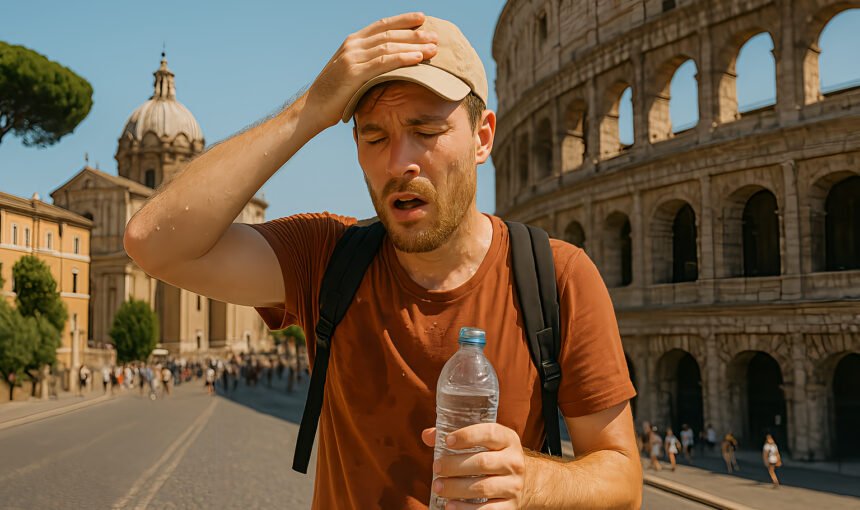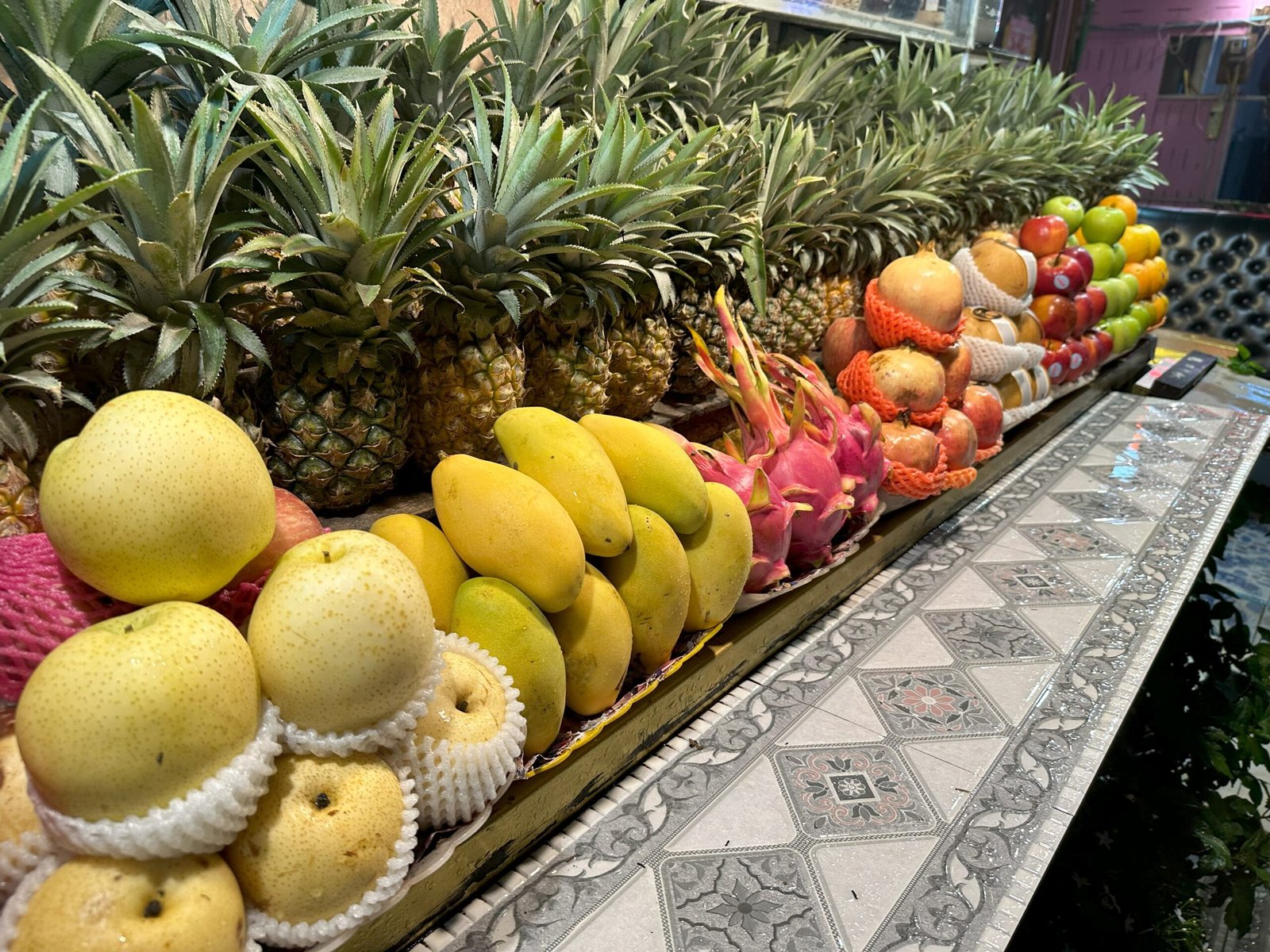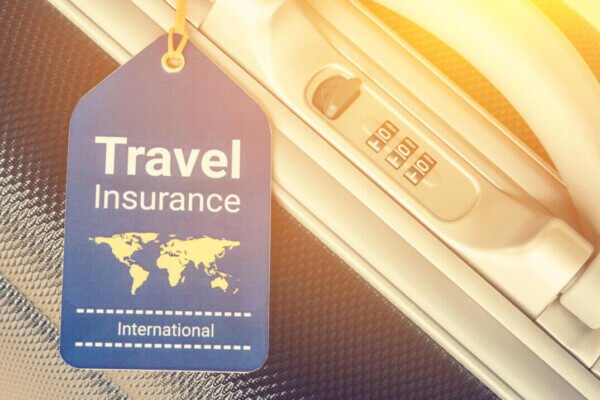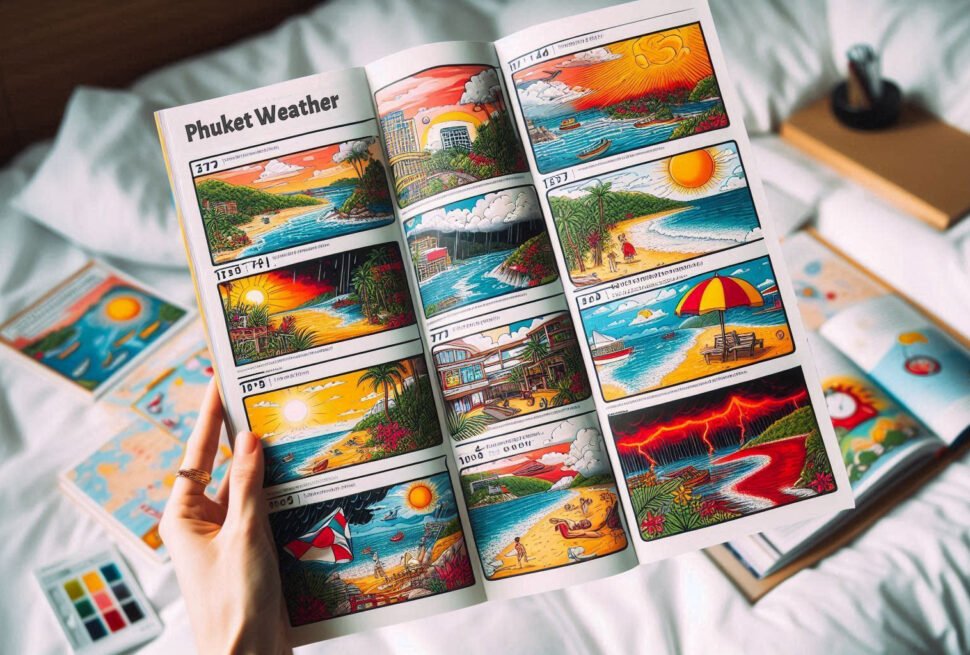Dreaming of ancient ruins, bustling markets, or stunning beaches? Hot destinations offer incredible experiences, but intense summer heat can quickly turn your dream trip into a sweaty nightmare. Don’t let a heatwave ruin your vacation! As a travel blogger who’s navigated sizzling cities and sun-drenched landscapes, I’m here to share the ultimate guide to staying cool, safe, and happy when traveling during a heatwave.
This isn’t about giving up on your adventures. It’s about smart planning and savvy moves to ensure you still have an amazing time, even when the mercury rises.
Why Tourists Feel the Heat More (and What to Do About It)
You might wonder why the heat feels extra intense when you’re traveling. It’s not just you! Tourists often face unique challenges:
No Time to Adjust: Locals are used to the heat, but your body needs time – sometimes a week or two – to get used to extreme temperatures. You don’t have that luxury on a typical vacation.
Vacation Mode Hydration: It’s easy to forget to drink enough water when you’re busy sightseeing, and a few extra alcoholic drinks (hello, beach cocktails!) can make dehydration worse.
Active Plans: Most tourist itineraries involve lots of walking, exploring, and outdoor activities, which are much harder in the heat.
Unfamiliar Surroundings: You don’t know where the nearest cool spot is, or how to easily find help if you’re not feeling well.
Public Transport Pains: Hot, crowded trains or buses can make you feel much worse.
Understanding these challenges is the first step to beating the heat!
Pack Smart, Stay Cool: Your Heatwave Packing List
What you bring can make a big difference. Think light, loose, and protective.
Reusable Water Bottle: This is your number one essential. Fill it up whenever you can.
Electrolyte Packs: Add these to your water to replace essential salts you lose through sweat.
Cooling Towel: Wet it, wring it, and drape it around your neck for instant relief.
Personal Fan or Mist Spray Bottle: A small, battery-operated fan or a spray bottle you can fill with water can be a lifesaver.
Sunscreen (SPF 30+): Reapply often, especially after sweating.
Sunglasses: Protect your eyes from harsh glare.
Wide-Brim Hat: A hat that shades your face, neck, and ears is better than a baseball cap.
Lightweight, Loose Clothing: Opt for natural fabrics like cotton or linen. Light colors reflect sun better than dark ones. Consider long sleeves and pants for maximum sun protection without feeling too hot.
Salty Snacks: Pretzels or crackers can help replenish salts lost through sweat.
Your Daily Playbook: Smart Strategies for Hot Days
How you plan your days is key to staying comfortable.
Early Bird, Late Night Explorer: Do your outdoor sightseeing and most active excursions during the coolest parts of the day – typically early morning or late evening.
Midday Chill: When the sun is strongest (usually 10 AM to 4 PM), seek out indoor attractions. Think museums, galleries, air-conditioned shops, or a long, leisurely lunch in a cool restaurant.
Hydrate, Hydrate, Hydrate: Drink water constantly, even if you don’t feel thirsty. If your urine is dark, you need more fluids. Avoid sugary drinks, sodas, and especially alcohol and caffeine, as these can dehydrate you.
Find Your Cool Zones: Schedule regular breaks in air-conditioned places. Duck into cafes, shopping malls, libraries, or even just shaded parks.
Wet Your Pulse Points: Dab cool water on your wrists, neck, and temples to help cool your body down.
Eat Light: Heavy, hot meals can make you feel sluggish. Stick to lighter fare like salads, fruits, and cold dishes.
Know the Signs: Heat-Related Illnesses
It’s vital to recognize the warning signs of heat stress. Don’t ignore them!
Heat Cramps:
Signs: Muscle pains or spasms, often in your stomach, arms, or legs.
What to Do: Get to a cooler place, gently stretch the cramped muscle, and drink water or a sports drink.
Heat Exhaustion: This is more serious.
Signs: Heavy sweating, cold/clammy skin, fast weak pulse, nausea or vomiting, muscle cramps, tiredness, dizziness, headache, fainting.
What to Do: Get to a cooler place (ideally air-conditioned), loosen clothing, sip water, apply cool wet cloths to your body. If you are vomiting, symptoms get worse, or last more than an hour, seek medical help right away.
Heatstroke: This is an emergency! Call for medical help immediately.
Signs: High body temperature (103°F or higher), hot red dry or damp skin, fast strong pulse, headache, dizziness, nausea, confusion, slurred speech, unconsciousness.
What to Do While Waiting for Help: Move the person to a cooler place, try to cool them down with cool cloths or a bath. Do NOT give them anything to drink.
Finding Help: Resources for Tourists
When you’re in an unfamiliar place, knowing where to turn is essential.
Emergency Numbers: Before you travel, look up the emergency number (like 911 or 112) for your destination country. Write it down or save it in your phone.
Your Embassy/Consulate: If you’re a US citizen, find the website for the US embassy or consulate in the country you’re visiting. They often have lists of local doctors and hospitals. Other nationalities should do the same for their own embassies.
Hotel Staff: Your hotel’s front desk or concierge can often provide local emergency numbers, recommend doctors, or direct you to cooling centers.
Tourist Information Centers: These official centers are a great resource for local information, including where to find cool spots.
Local Search: Use Google Maps or similar apps to find nearby hospitals, pharmacies, or medical clinics.
Cooling Centers: In many cities experiencing heatwaves, local governments open public “cooling centers” (like libraries or community centers) with air conditioning. Check local government websites, news, or ask around upon arrival.
Travel Tips: Accommodation & Getting Around
Make smart choices about where you stay and how you move.
Accommodation with Reliable AC: When booking, make sure your accommodation has good, reliable air conditioning. Read reviews carefully. It’s worth paying a bit more for comfort during a heatwave. Some travelers even look for places with backup power, if possible.
Flexible Bookings: If you can, choose accommodations or activities with flexible cancellation policies in case the heat becomes unbearable.
Navigating Public Transport:
Time it Right: Use apps to time your arrival at bus stops or train stations to minimize waiting in direct sun.
Bring Your Own Shade: A compact umbrella or a wide-brim hat can provide personal shade while waiting.
Stay Hydrated: Always have water with you.
Cooling Tools: Use your portable fan or cooling towel on public transport.
Dress Smart: Wear light-colored, loose clothing made from breathable fabrics.
Cool Your Pulse Points: Dab water on your wrists or neck to feel cooler.
Consider Taxis/Ride-Shares: On particularly hot days, an air-conditioned taxi or ride-share might be a better (and safer) option than walking or public transport, especially for longer distances.
Extra Care for Special Travelers
Some groups need a bit more attention during heatwaves.
Families with Babies and Young Children:
Stay Out of Direct Sun: Babies under 12 months should be kept out of direct sunlight.
Dress Lightly: One layer of light, loose clothing is usually enough for babies.
Extra Hydration: Offer breast milk, formula, or sips of water (for babies 6+ months) more often. Avoid sugary drinks.
Stroller Smarts: Use open-aired strollers with mesh for good airflow. Never cover a stroller or car seat with a blanket or towel – it traps heat and can be very dangerous. Use clip-on fans or stroller umbrellas for shade.
Car Travel: Use window sunshades in the car. Dress babies in one layer. Plan for extra hydration breaks on long drives.
Cool Sleeping: Ensure their sleeping space is the coolest room in your accommodation.
Older Adults and Those with Chronic Health Conditions:
Doctor’s Visit: Talk to your doctor before your trip about traveling in hot weather, especially if you have heart disease, diabetes, or other chronic conditions. Discuss how heat might affect your medications. Some medications can make you more sensitive to heat or dehydration.
Stay Hydrated: Drink plenty of water, but if you have fluid restrictions due to a medical condition, follow your doctor’s advice.
Medication Storage: Keep medications stored correctly. If they need refrigeration, use a small cool-box. Don’t leave them in a hot car.
Listen to Your Body: Don’t push yourself. Take frequent breaks, rest when tired, and avoid strenuous activity during peak heat.
Medical ID: Consider wearing a medical ID bracelet or necklace if you have a condition that might need quick attention.
Traveling during a heatwave requires extra care, but it doesn’t mean you have to stay home. By following these tips, packing smart, and being aware of your body’s signals, you can still enjoy an incredible, memorable, and safe adventure! Stay cool, fellow travelers!
Adrenaline junkie with a passion for exploring off-the-beaten-path destinations and finding unique ways to stay active. Expect stunning scenery, challenging workouts, awesome travel tips and a whole lot of fun. Let’s get sweaty and explore the world together!




